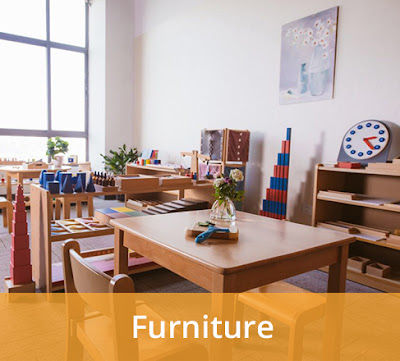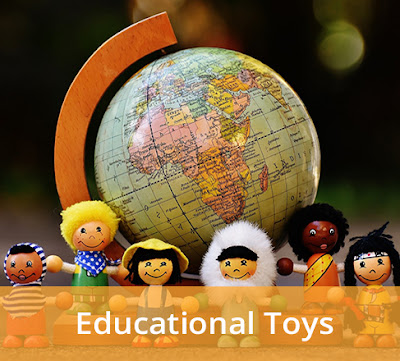In the realm of education, the Montessori method has garnered immense recognition for its child-centered approach. At its core, this pedagogical philosophy prioritizes the development of a child's natural curiosity and independence. One of the critical components of this approach is the use of Montessori educational materials. In this article, we will explore how these materials contribute to a holistic and enriching learning experience while avoiding the pitfalls of keyword stuffing.
The Essence of Montessori Educational Materials
Montessori educational materials are meticulously designed, hands-on learning tools that help children explore fundamental concepts through sensory experiences. These materials cover a wide range of subjects, from mathematics and language to practical life skills. Each material serves a specific educational purpose, aiding children in grasping abstract concepts through tangible, interactive experiences.
Fostering Independent Learning
One of the primary goals of Montessori education is to nurture independence in children. These materials are intentionally created to be self-correcting, allowing students to recognize and learn from their mistakes without constant teacher intervention. This approach empowers children to take control of their learning journey, build problem-solving skills, and develop a strong sense of self-confidence.
Promoting Sensorial Development
The Montessori method places great emphasis on sensory exploration, acknowledging that children learn best when they can engage their senses. Montessori educational materials are designed to stimulate a child's senses of touch, sight, and even sound, making learning a multisensory experience. For instance, the Montessori Sensorial materials help children refine their senses of size, shape, color, and texture, laying a solid foundation for more advanced concepts.
Enhancing Mathematical Proficiency
Mathematics is a subject that often challenges young learners due to its abstract nature. Montessori educational materials simplify this process by transforming abstract mathematical concepts into concrete, tangible experiences. Children work with materials like the Number Rods and Golden Beads to understand numerical relationships, arithmetic operations, and place value, all while enjoying hands-on exploration.
Nurturing Language Skills
Effective communication is a cornerstone of lifelong success. Montessori educational materials, such as the Moveable Alphabet and Sandpaper Letters, provide children with the tools to develop strong language skills. These materials allow students to explore phonetics, word formation, and sentence structure in a manner that is engaging and interactive.
Cultivating Practical Life Skills
Montessori education places a significant emphasis on practical life skills, recognizing that these skills are essential for a child's daily life and overall development. Practical life materials, like pouring exercises and dressing frames, teach children essential life skills while promoting fine and gross motor skills, concentration, and independence.
Balancing Traditional and Digital Learning
In today's digital age, there is a growing concern about screen time and its impact on young minds. Montessori educational materials provide a refreshing alternative by emphasizing tangible, hands-on learning experiences. These materials strike a balance between traditional and digital learning methods, ensuring that children engage with the physical world while still being prepared for a technology-driven future.
Conclusion
Montessori
educational materials play a pivotal role in the Montessori method, providing
children with opportunities for independent learning, sensory exploration, and
the development of essential skills. They transform abstract concepts into
concrete experiences, nurturing a love for learning that lasts a lifetime. To
explore a wide range of authentic Montessori educational materials that support
holistic development, visit our website at https://kidadvance.com/. Join us in
fostering a love for learning that empowers children to become confident,
independent thinkers.






.jpg)





.jpg)
.jpg)
.jpg)

